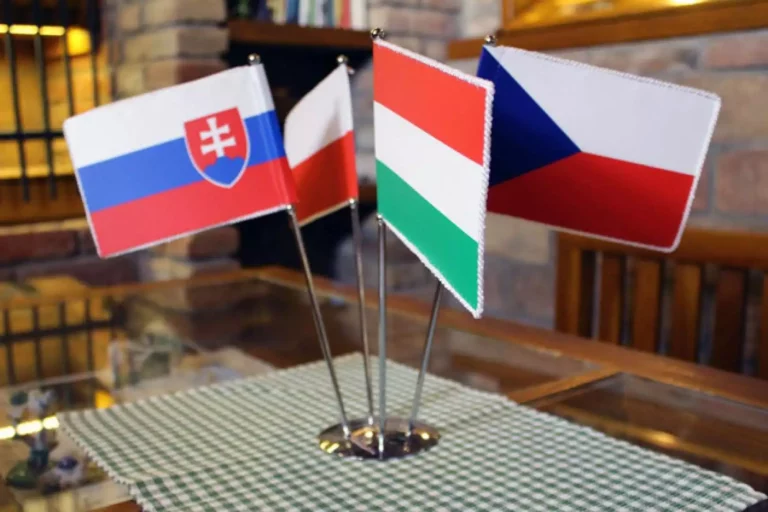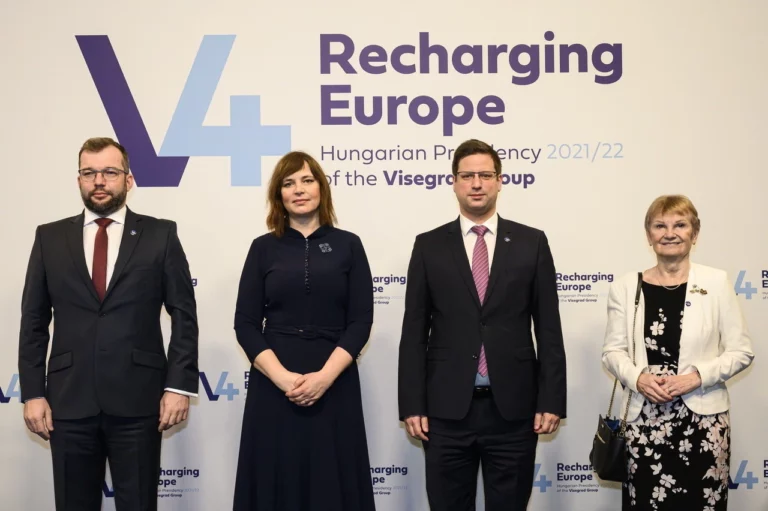Visegrád Four
Preliminary date of Pope Francis’s visit to Hungary set!

Hungary and other V4 countries are in the top 12 investment destinations of the world!

Slovak Government Spokesperson: Putin and Orbán may divide Slovakia’s borders

These heads of government congratulated Orbán on his election victory – UPDATE

Zelenskiy: Orbán lacks honesty, he lost it somewhere in Russia

V4 cooperation to freeze? Czechs, Poles remain home, Hungary cancels defence meeting

Hungarian Pres. not visiting Poland on the day of Polish-Hungarian friendship?

Is this why Orbán did not go to Kiev with the Czech, Polish and Slovenian prime ministers?

Ethnic Hungarian politician János Esterházy “symbol of CE cooperation”

V4 Festival to offer over 50 music programmes in June in the Danube bend

PM Orbán told Johnson whether Hungary would forward troops and weapons to Ukraine

V4 countries stands for stopping the war in Ukraine, says FM Szijjártó in London

UK-Visegrád 4 summit to be held in London early March
Polish min at V4 meeting: “Warsaw perceives double standards, too”

Senior V4 and French lawmakers discuss security policy in Budapest

Hungary’s Chief of Staff: V4 cooperation reliable in long term

Visegrad Group energy ministers discuss hydrogen in Budapest
Energy ministers of the Visegrad Group -- the Czech Republic, Hungary, Poland and Slovakia -- discussed the planning and establishment...
Czech Republic sends new police unit to Hungary-Serbia border
The Czech Republic has sent another 40-member police unit to help patrol the Hungary-Serbia border as part of a border...




 ZH
ZH IT
IT DE
DE HR
HR NL
NL FR
FR JA
JA RO
RO RU
RU ES
ES TR
TR
